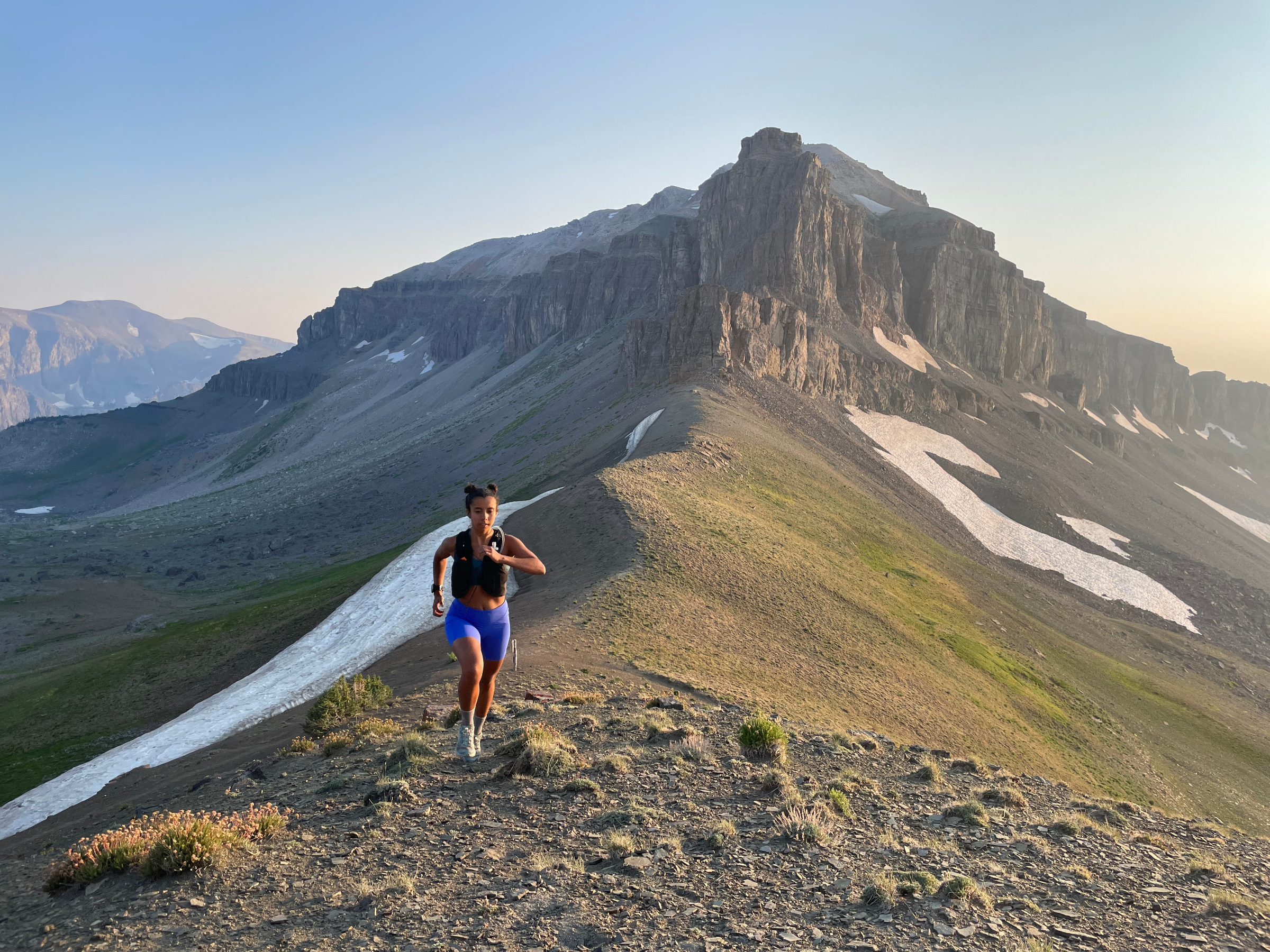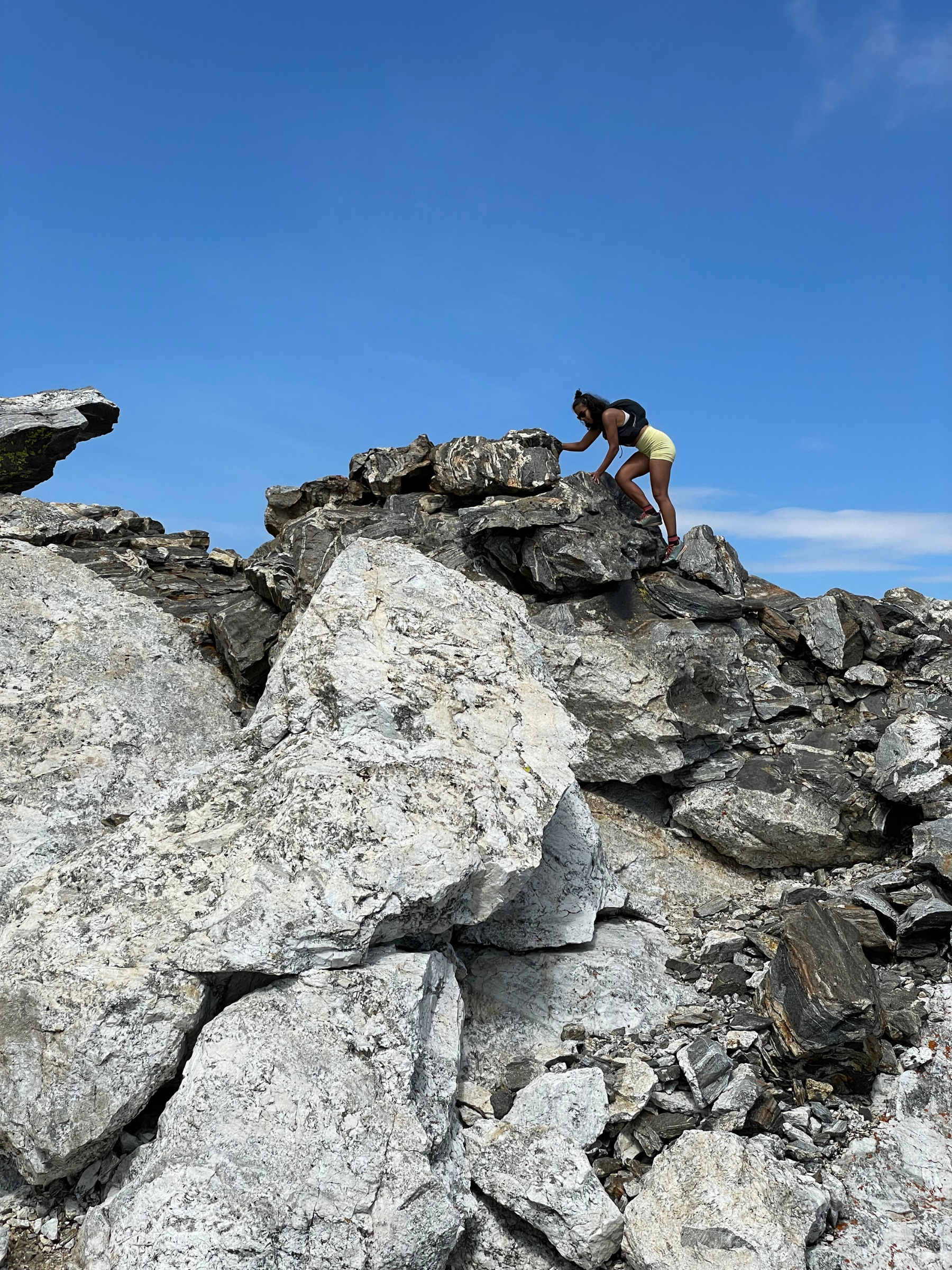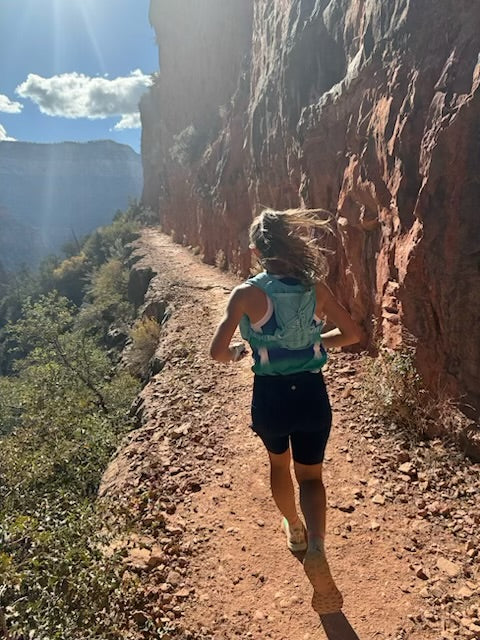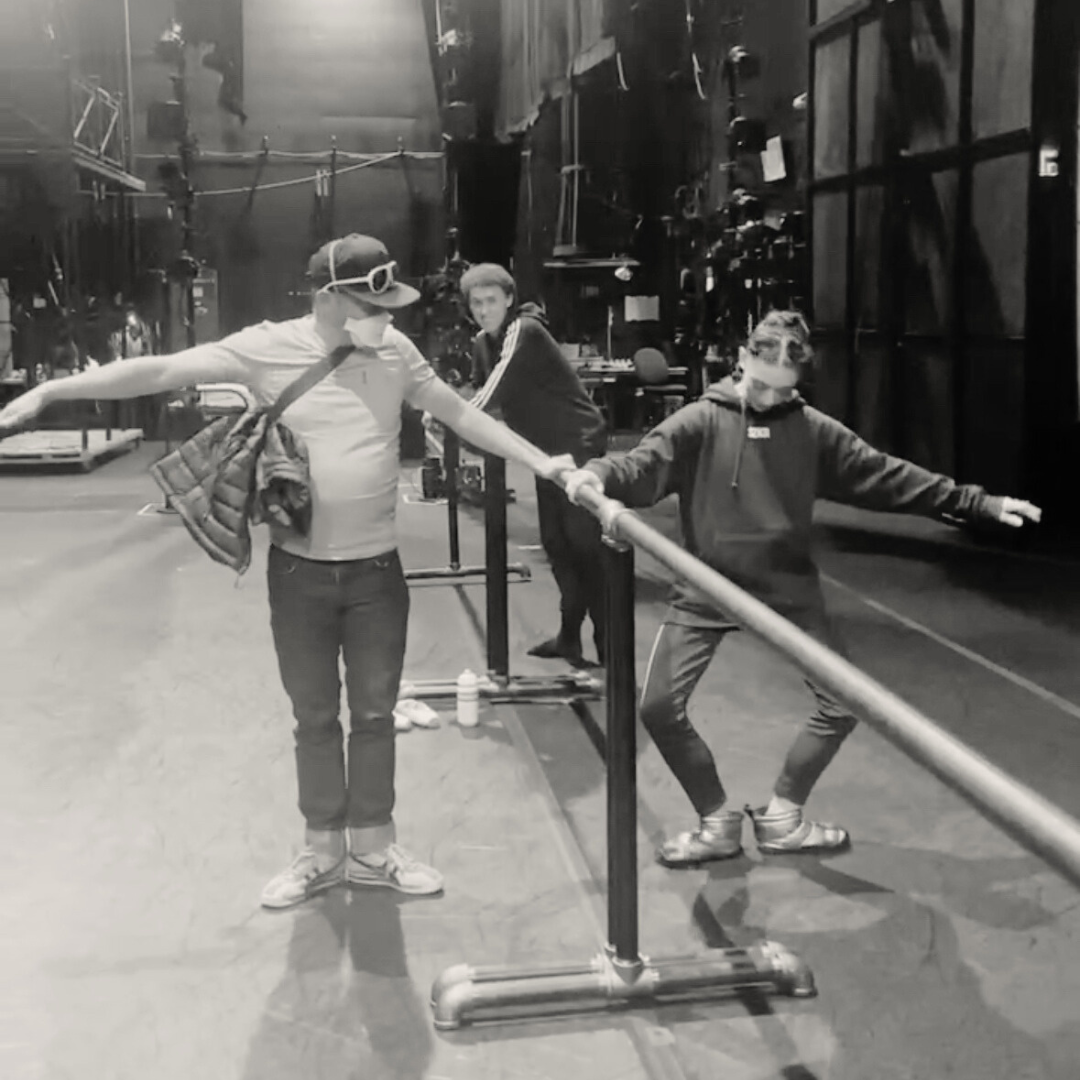Nothing to Do, Nowhere to Be: The Art of Goal Setting
Photos and words by Vanessa Chavarriaga Posada

I am a relatively new mountain athlete -- my childhood consisted of indoor activities and being teased for being the slowest one to run the mile in gym class. The learning curve for skiing, ultra running, and climbing has been steeper than the trails themselves. The only remedy I have found for this is finding the support of a community of mentors who genuinely want to uplift my potential and help me grow.I was fortunate enough to find mentorship, inspiration, and sisterhood in my dear friend, Dani Reyes-Acosta. Through our many climbs and runs I have learned that no one is capable of existing in this space alone, and we have to be selective about what we pour our energy into.

Setting goals as a woman of color and outdoor athlete is tricky because most goals are rooted in hierarchy, dominion, and competition. I want to be a different athlete, one who embraces reciprocity and abundance instead. This also means I have to choose my mountain partners carefully.
This summer I set my biggest mountain running objective yet: the Teton Crest Trail. This trail consists of 40 miles of beautiful singletrack trail, and 8,000 feet of elevation gain. Setting this goal was very intentional: the Tetons are home, they are my greatest friend and teacher. Knowing these mountains intimately is part of my reciprocal rather than consumptive relationships to nature.
On the logistical side, I sought counsel from some mentors and created a training plan. I received knowledge about nutrition and fueling from the wonderful folks at Skratch. I committed to this objective with Dani, and sharing this goal with her made it that much more profound.
After a summer of training, late August rolled around and things were not feeling very aligned. Dani arrived to the Tetons with tears in her eyes, feeling dejected by the intense smoke she had followed on her drive, and we were both grieving our wounded Earth.Even though we had intentionally set this goal, we felt some trepidation about going for it. Due to some very unhealthy AQI, risk assessment, and an injury, Dani and I decided to push back on our goal and redefine success.

I won’t deny that I felt an immediate wave of failure, impostor syndrome, and emptiness. Especially when I began receiving messages from friends and athletes, who had all been rooting for me, asking me how the run went. I carried this heaviness around with me for a few days and tried to get to the core of it.
I realized that despite my efforts to decolonize my goal setting, I had placed my worth as an athlete on a single goal. This is the problem with goal setting: the goal is often isolated and weighed too heavily.
Setting goals is great, but when we isolate the specific event from the rest of our lives -- the training, failing, and growing -- we fail to understand the goal in a larger context. This is why we are often left feeling empty after accomplishing a big objective. The singular event of the goal is less significant than all the moments before and after.The reality is, I am still a mountain athlete. I still spent months becoming physically and mentally stronger. I am walking away from this goal with all of my accomplishments met, even if I never step foot on the trail. This reframe has released me from my feelings of not being enough.
As for my goals with Dani, redefining success with the Crest Trail brought us closer. We are setting intentions to be in one another’s lives for a long time, and to create many more goals together. Our friendship and partnership is much bigger than one trail run, and there is immeasurable value in that.So we continue forward, setting our sights on healing, growing, and self improvement. Knowing that our goals mean everything and nothing at the same time.

About Vanessa
Vanessa is an environmental sociologist and Colombiana who focuses on the intersection of people and nature. As an immigrant and woman of color herself, she recognizes the systemic barriers that purposefully keep BIPOC out of outdoor spaces. Vanessa did not grow up with access to the outdoors. She is now able to experience outdoor activities and feel a sense of freedom she had been searching for a long time. Now, taking up space in the outdoor community feels revolutionary. Vanessa’s favorite activities are trail running, mountaineering, skiing, foraging, and swimming in really cold lakes. She speaks up against systemic racism, colorism, anti-Blackness and anti-Indigeneity in the Latinx community and beyond. She is involved with multiple environmental sociology projects including food sovereignty, education and decolonization, and grizzly bear coexistence. .
Follow Vanessa’s Adventures:@vanessa_chav













